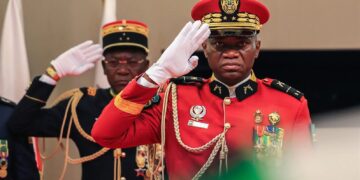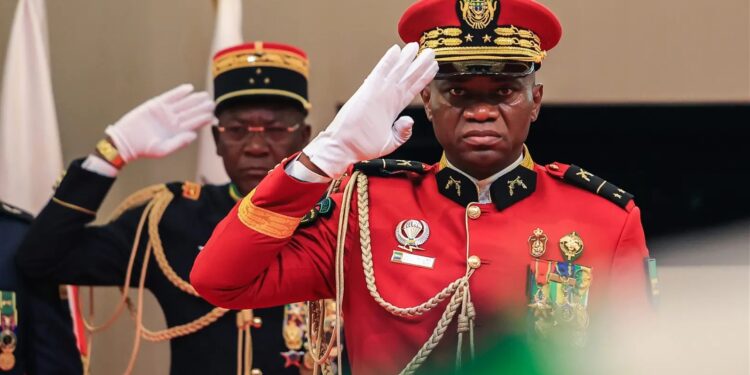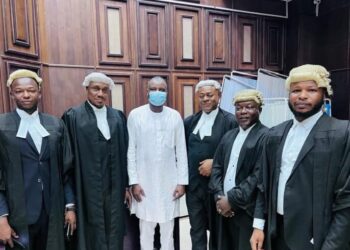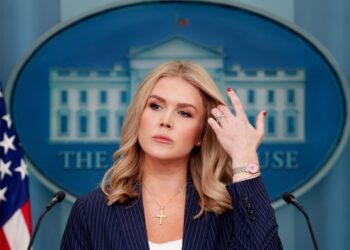By John Ikani
Gabon’s newly appointed prime minister, Raymond Ndong Sima, has hinted at a “reasonable objective” of a two-year transition period before the promised free elections under the military rulers.
Sima in an interview with AFP on Sunday, emphasized the importance of setting a clear timeframe, stating, “It’s good to set off with a reasonable objective by saying: we have the desire to see the process come to an end in 24 months so we can go back to elections.” However, he also acknowledged that the exact duration of the transition might vary.
General Brice Oligui Nguema, who led the coup d’etat in August against President Ali Bongo Ondimba, appointed Ndong Sima as the head of the transitional government last week. The coup occurred shortly after Bongo’s disputed victory in a presidential election, deemed fraudulent by both the army and the opposition.
During his tenure as prime minister from 2012 to 2014, Ndong Sima was an economist educated in Paris, but he later became a vocal critic of Bongo and contested against him in the 2016 and 2023 presidential campaigns. The appointment of Ndong Sima, announced on state television, came via a decree issued by General Oligui.
Under the transitional charter, no member of the temporary government will be eligible to participate in the upcoming presidential election. Nevertheless, there appears to be no restriction preventing General Oligui from running for office.
The general has pledged to introduce a new constitution through a referendum and implement a new electoral code. Ndong Sima explained that the military’s announced principle is to eliminate the distinction between opposition and majority, emphasizing inclusivity in the political process.
Regarding the transition’s duration and eligibility for election candidacy, Ndong Sima mentioned that these aspects would be discussed by those drafting the new texts for the country. He also expressed the importance of the military maintaining impartiality during the elections, stating, “It would not, however, be good for the military to stand, so they can be impartial and objective arbiters of the elections.”
The newly announced government by Ndong Sima includes military figures and former ministers who served under the ousted President Ali Bongo Ondimba. This composition has raised questions about the prime minister’s autonomy and the government’s actual authority. Nguema has appointed senior officers to oversee various sectors that overlap with the responsibilities of Ndong Sima’s government.
Responding to concerns about his freedom as prime minister, Ndong Sima noted that having department heads alongside the president is not unprecedented. He acknowledged that his level of autonomy would depend on the military’s objectives. He argued that it would be in the military’s interest to provide the government with a free hand, as they would ultimately be accountable for the government’s actions.
In light of the upcoming elections, Ndong Sima expressed his willingness to make compromises, stating, “The situation of the country requires everyone to make a small compromise on their own position.”




































